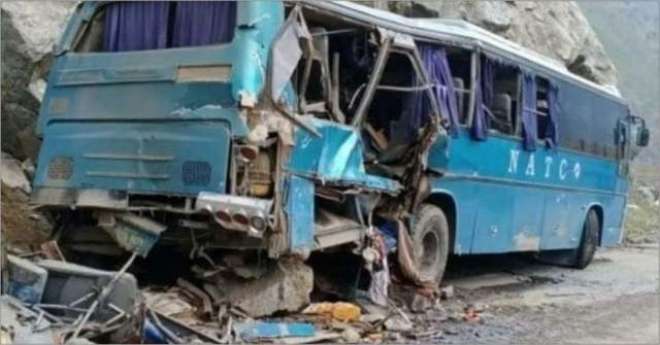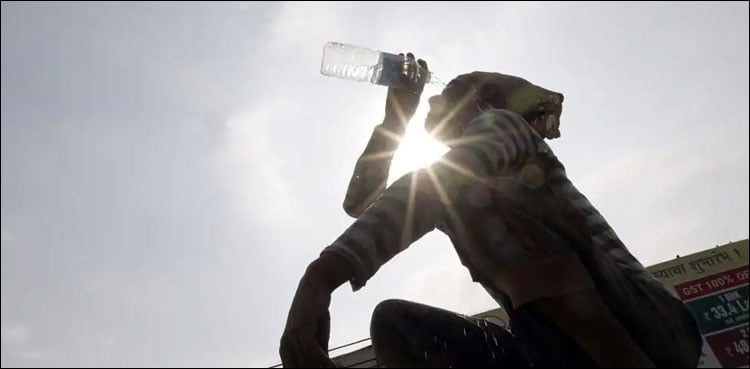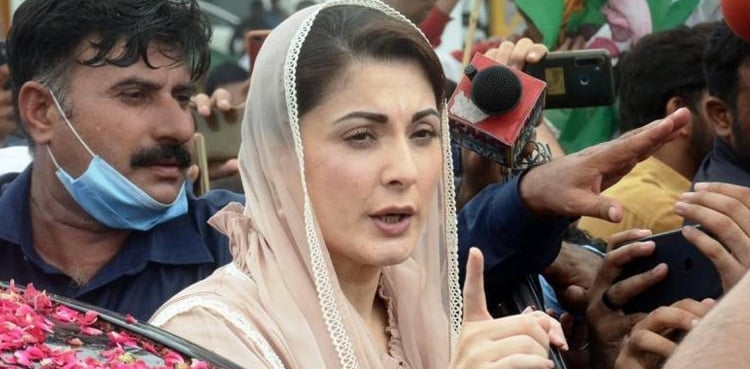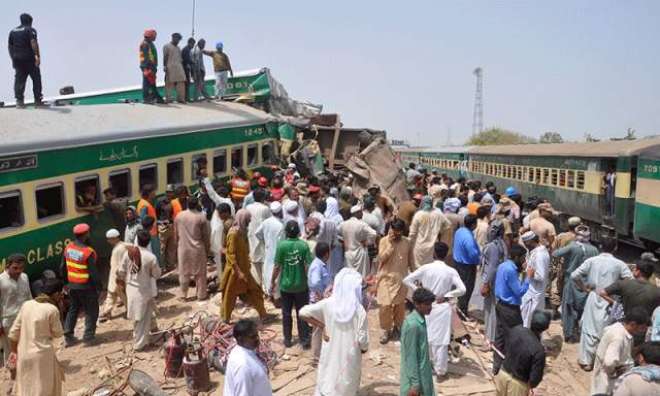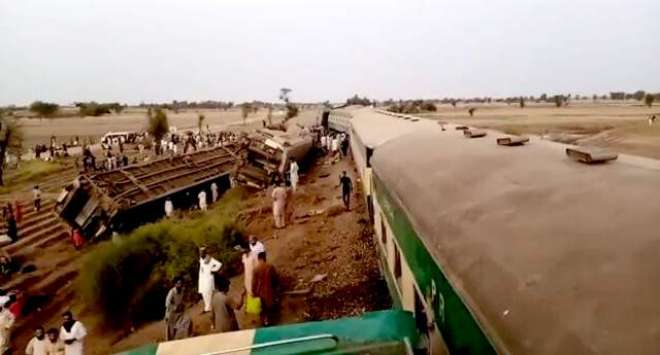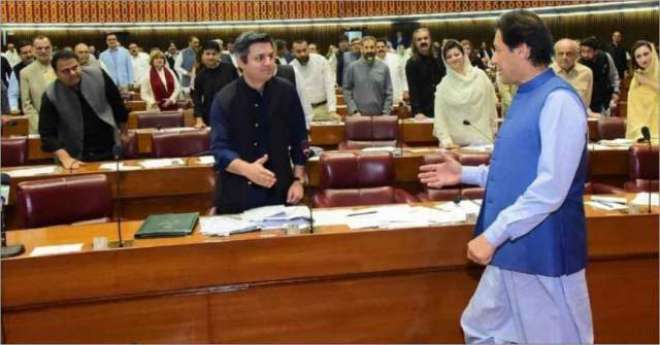IWCCI proposes steps to empower civic bodies, facilitate masses
- September 28, 2013, 7:15 pm
- National News
- 75 Views
ISLAMABAD, Sept 28 (Online): The Islamabad Women's Chamber of Commerce and Industry (IWCCI) on Saturday suggested steps to empower civic bodies so that they can facilitate rising urban population that have been facing continuous deterioration in the services since decades.
Pakistan is the most urbanised country in South Asia with infrastructure and social services unable to cope with the issues like food, health, water supply, shelter, housing, environment, sanitation, drainage, overcrowding and congestion of traffic, said Farida Rashid, President IWCCI.
Speaking to the business community, she said increasing population and migration has triggered urban growth rate to 4.6 while counting refugees will push the figure up.
Half of the urban population is based in eight cities -- Karachi, Lahore, Faisalabad, Rawalpindi, Gujranwala, Multan, Hyderabad, Peshawar, Islamabad and Quetta among which 50 per cent are living in one-room houses having inadequate access to basic facilities as civic bodies are unable to raise funds to facilitate them, she said.
Farida Rashid said that out-dated laws including building by-laws have been hindering money making initiatives making job difficult for the city managers which in turn keep masses in miserable conditions.
Some laws hinder municipalities from joint ventures with private parties for projects like land development, housing schemes, construction of hotels, commercial plazas and parking plazas to have sustainable income, she noted.
Fast urbanisation has been resulting in urban poverty and increasing slums making them breeding ground for serious social problems while many municipalities continue to brave perpetual financial crisis which cannot be resolved by selling plots, she observed.
Pakistan is to become fourth most populous country on the planet by 2050; therefore government should stop giving smaller weight to urban issues to empower city administrations to overcome problems, she suggested.
There is a pressing need for an urban economic and social development strategy that can provide employment and economic security to its growing population, demanded Farida Rashid.


